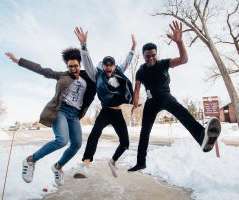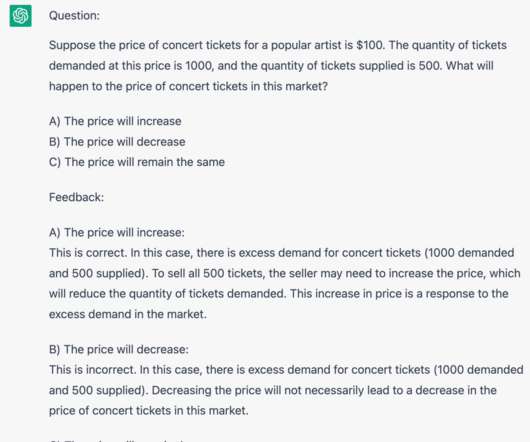On the Relationship Between Adopting OER and Improving Student Outcomes
Iterating Toward Openness
AUGUST 31, 2022
This article started out with my being bothered by the fact that ‘OER adoption reliably saves students money but does not reliably improve their outcomes.’ ’ For many years OER advocates have told faculty, “When you adopt OER your students save money and get the same or better outcomes!”
























Let's personalize your content